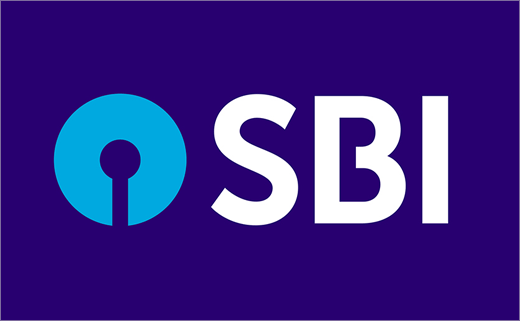On August 10, 2017, the Lok Sabha passed State Banks (Repeal and Amendment) Bill 2017 to repeal the SBI (Subsidiary Banks) Act 1959, State Bank of Hyderabad Act 1956 and to further amend the State Bank of India Act, 1955, following the merger of five associates with the parent State Bank of India.
About State Banks (Repeal and Amendment) Bill, 2017:
- From April 1, 2017, State Bank of Bikaner and Jaipur (SBBJ), State Bank of Hyderabad (SBH), State Bank of Mysore (SBM), State Bank of Patiala (SBP), State Bank of Travancore (SBT) and Bharatiya Mahila Bankwere merged into State Bank of India (SBI).
- On account of this merger, these subsidiary banks ceased to exist and, therefore, it became necessary to repeal the SBI India (Subsidiary Banks) Act and the State Bank of Hyderabad Act which established these subsidiaries.
- The Bill also seeks to amend the State Bank of India Act, 1955 by removing references related to subsidiary banks that conferred powers on SBI to act as an agent of the RBI for a subsidiary bank. With acquisition of all the subsidiary banks, it is no longer necessary to retain such provisions in the State Bank of India Act 1955.
Overview of State Bank of India post Merger with Associate Banks:
- With this merger, the SBI has featured in the list of top 50 banks globally and is ranked at the 45th position.
- The merged entity began operation with a deposit base of more than26 lakh crore and advances level of Rs. 18.50 lakh crore.
- The move is expected to increase capital base and increase Bank’s ability to give loans. Also, small banks will get access to products like mutual funds.
- Following the merger, the total customer base of SBI increased to 37 crore with a branch network of around 24,000 and nearly 59,000 ATMs across the country.
Quick Facts about State Bank of India:
i.Headquarters: Mumbai
ii.Current Chairperson: Arundhati Bhattacharya
AffairsCloud Recommends Oliveboard Mock Test
AffairsCloud Ebook - Support Us to Grow
Govt Jobs by Category
Bank Jobs Notification





